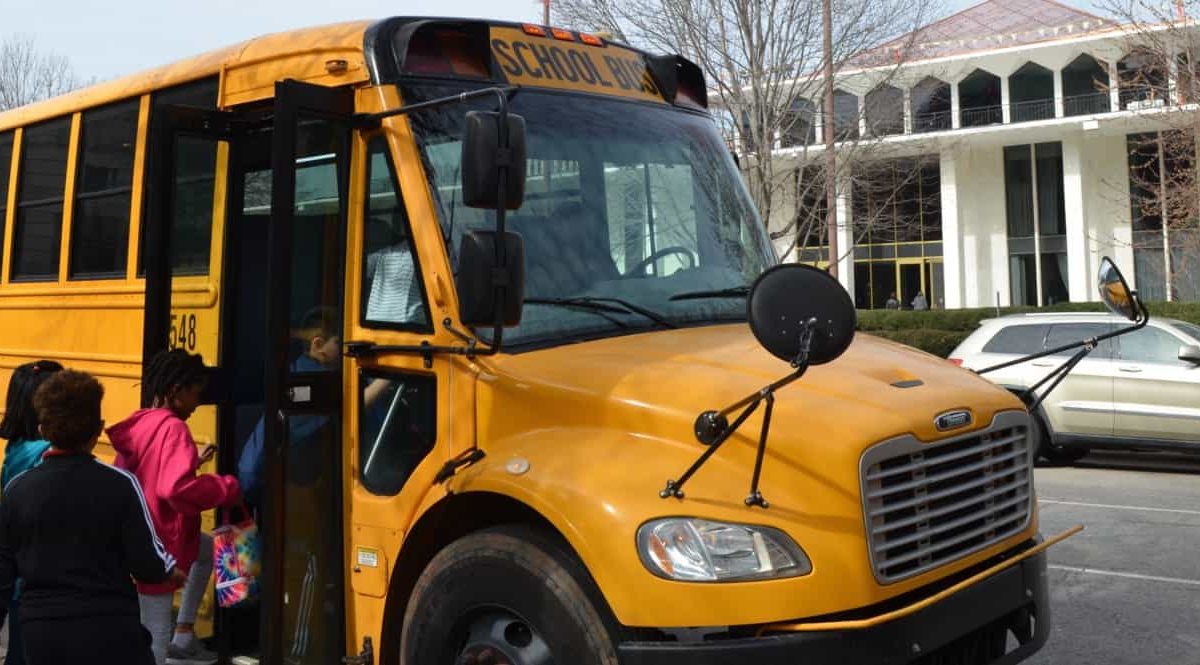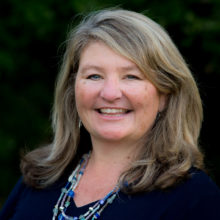

Last week, primary sponsors and Representatives Loftis, Willis, Bradford, and Chesser introduced House Bill 420, which would send $1 billion in public education funding (your taxpayer dollars) per year to follow students to whatever education option a parent chooses, regardless of a family’s financial need or educational needs of the student.
This bill goes much further than the existing Opportunity Scholarships, which provide vouchers for some students based upon income to support education in private and parochial schools. The Opportunity Scholarship Program has never been fully utilized, leaving millions in unspent tax dollars every year that could be used for our kids’ public schools.
House Bill 420 will ultimately allow all North Carolina families to use taxpayer dollars to fund tuition at private and parochial schools. These schools do not have accountability requirements, are not required to provide transportation or free/reduced-price lunch, and have the authority to deny access to students based on their religion, identity, and academic achievement. This bill would also provide public funding to parents who home-school their children.
Impact on rural communities
A loss of more than $1 billion in public school funding would have devastating consequences for our public schools which are already struggling to make ends meet due to inadequate and inequitable funding from the state. School districts are the largest employer in approximately 46 counties across the state, and the funding following students to home-schooling or private or parochial schools would significantly impact the local economy.
The legislation is particularly concerning for rural communities, and North Carolina has the second highest rural student population in the country. Rural schools that are already struggling would be hit the hardest, and many lack a large local tax base that other districts rely on for supplemental funding.
Similar legislation in Texas has been met with pushback by over 300 rural school leaders concerned over the likely negative impact on academics, as well as beloved art programs and school sports, which are core to the cultural and social fiber of their communities. Continuing educational opportunities for high school graduates could also be dramatically impacted. Rural communities across North Carolina, which include 80 of our 100 counties, could lose their schools as the hub of their towns and counties.
Impact on all communities
Rural, suburban, and urban districts will all face many additional impacts, including:
- Potential for fraud:
When used for private schooling, it is complicated to ensure that public funds are being spent on education. Our public schools have many requirements to ensure responsible spending of taxpayer dollars, but this approach in states like Arizona have seen rampant fraud. For example, taxpayer dollars have been used to fund living expenses and even medical procedures. - Incompatibility with families’ beliefs.
The vast majority of schools currently receiving Opportunity Scholarship voucher dollars are religious, and those schools may take actions that are in opposition to parents’ views or deny admission based on a family’s religious choices or sexual orientation. One private school in Fayetteville made the news in 2022 after 100 students were baptized without the consent of their parents. That school received $1,162,821 in taxpayer dollars this year alone. Several of the schools receiving over $1 million in taxpayer-funded vouchers this year also do not allow for students or educators who identify as LGBTQ to be affiliated with the school. - Lack of accountability.
As taxpayers, we want to know how our dollars are being spent. Our public schools have many requirements to report data on a variety of student indicators such as attendance, test scores, graduation rates, and discipline, and are held accountable for students’ academic outcomes. The Opportunity Scholarships, which represent our current voucher system, only require accountability measures (school-selected test scores being reported) if over 25 students who receive vouchers attend the same school. The dispersed education savings accounts or “backpack” could lead to a system in which parents and the general public are left in the dark.
North Carolina has over 1.4 million students in our traditional and charter public schools. Public schools serve every child, and provide many choices and services, including support for EC and AIG students, magnet programs, dual language immersion schools, career pathway academies, and early college high schools. Dual enrollment is also an option for those wishing to earn college credit while in high school.
Our public schools serve our students, families, and communities. Businesses, communities, and families will all suffer if we allow more taxpayer money to be used for private education that does not have any accountability and will irreparably harm our communities and our kids.
We, as the people of North Carolina, have to decide and let our lawmakers know how we want our tax dollars to be spent. Do we value public education as an institution that serves all children in our state? Or do we want our money to further subsidize private options for a select few?




